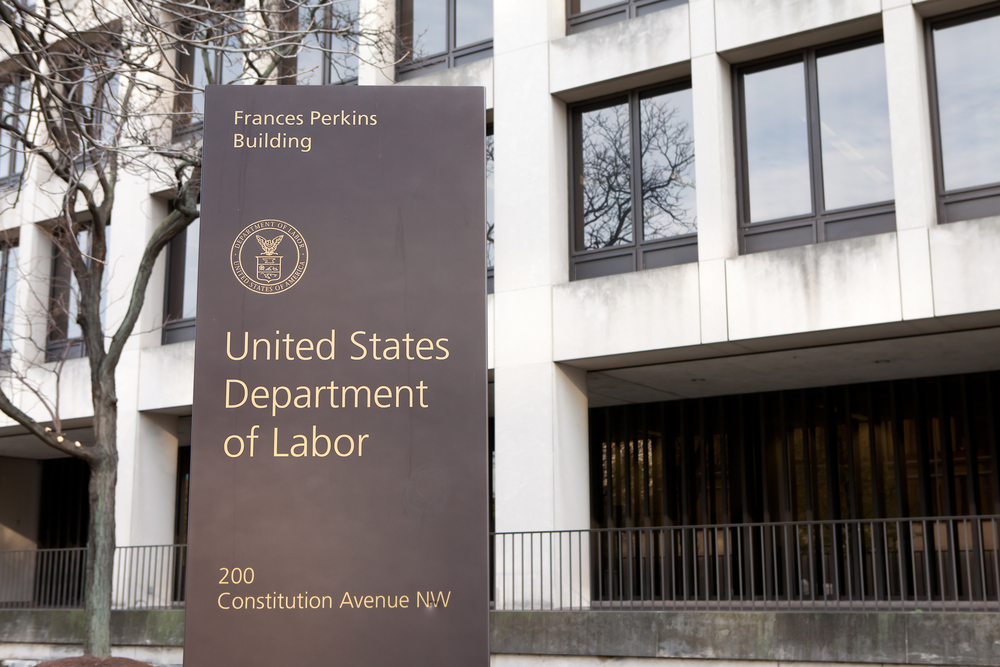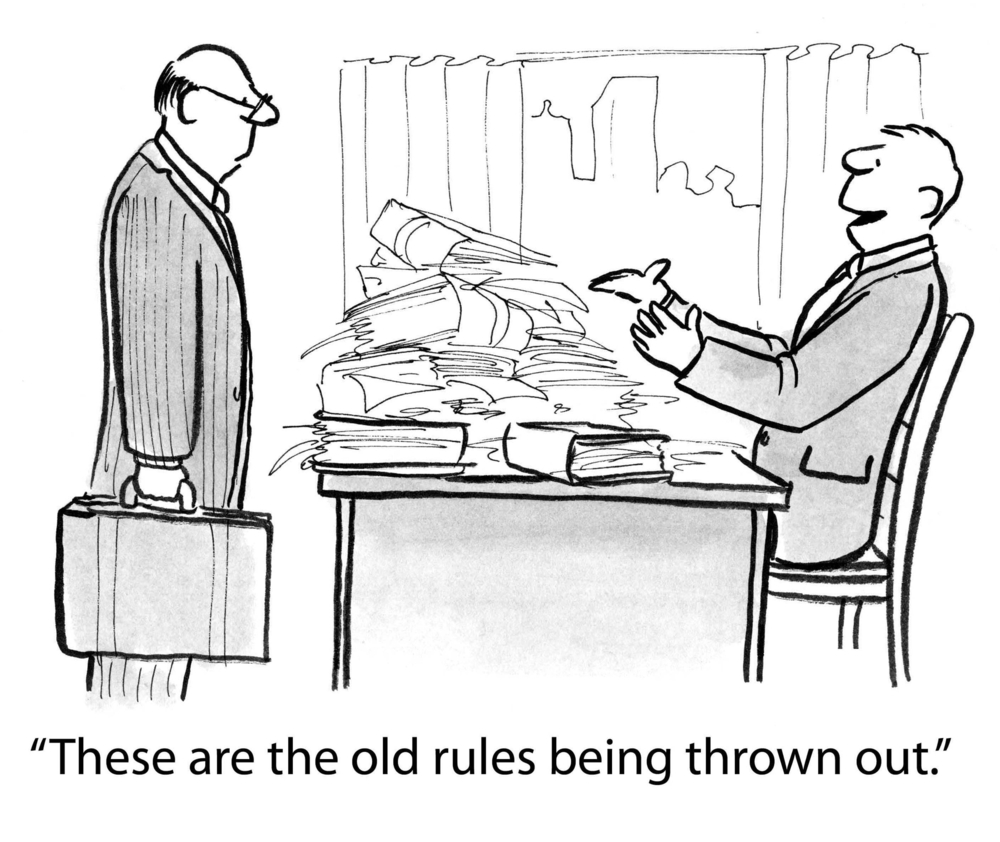On June 28, 2017, three prominent whistleblower law regulators spoke at PLI’s Corporate Whistleblowing in 2017, which was co-chaired by Orrick partners Mike Delikat and Renee Phillips. With the standard disclaimer that their comments and opinions were their own and not the official comments of their respective agencies, each spoke candidly about their agencies’ whistleblower program’s progress, challenges, and priorities.
SEC’s Office of the Whistleblower
The Chief of the SEC’s Office of the Whistleblower (“OWB”), Jane Norberg, kicked off the panel with her views on the current status and priorities of the OWB in the new administration: “From my point of view, the SEC’s whistleblower program is open for business and we are moving forward as we have in the past.” She elaborated on the program’s results to date, noting that the Commission has received over 18,000 tips and awarded over $154 million to 44 tipsters, reflecting over $1 billion recovered through the SEC’s enforcement actions and related actions arising from whistleblower tips. Norberg explained, “the real value of the program comes from individuals who help prevent ongoing fraud at a company while also giving victims a chance to recover some of what they lost.” READ MORE










